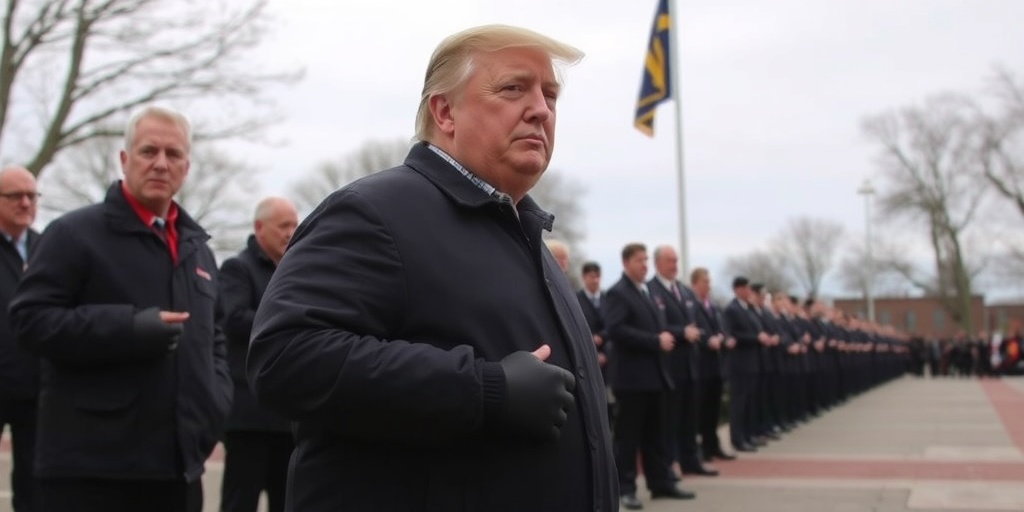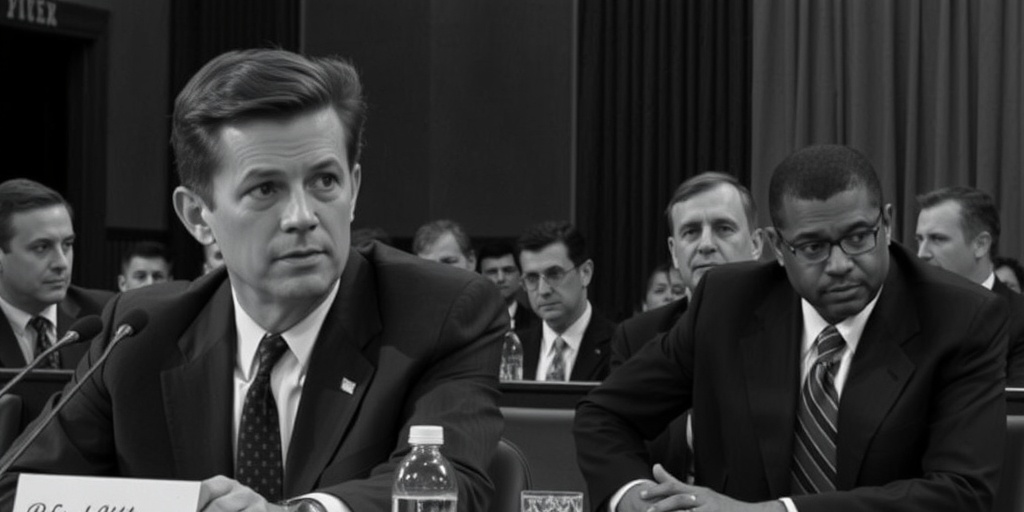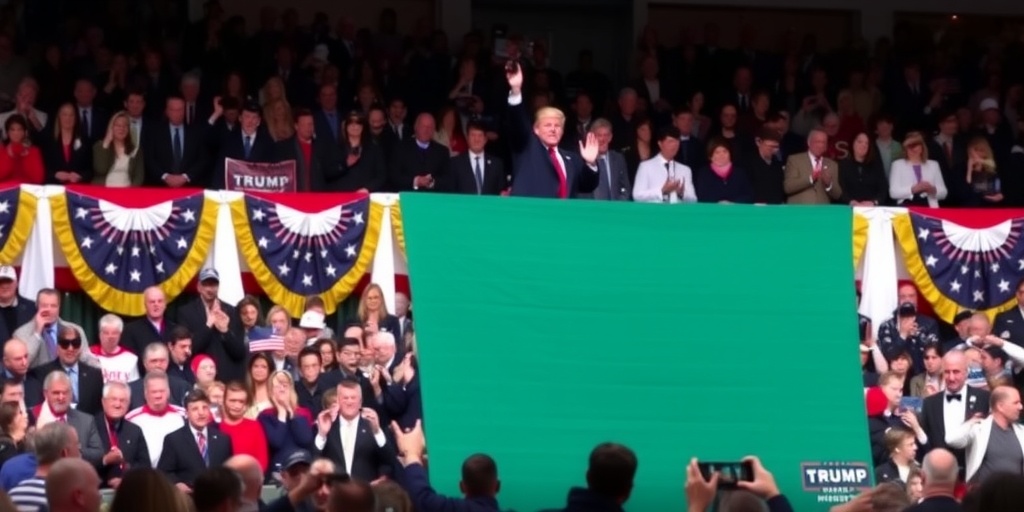Now Reading: Trump Commutes Sentence of Oath Keepers Founder Stewart Rhodes
-
01
Trump Commutes Sentence of Oath Keepers Founder Stewart Rhodes
Trump Commutes Sentence of Oath Keepers Founder Stewart Rhodes

Title: Stewart Rhodes, Oath Keepers Founder, Sentenced for Sedition and Granted Clemency by Trump
In a significant legal development, Stewart Rhodes, the founder of the far-right militia group known as the Oath Keepers, has been at the center of controversy following his conviction on sedition charges related to the January 6, 2021, insurrection at the U.S. Capitol. When Rhodes appeared in court in 2023 for sentencing, he proclaimed himself a "political prisoner," a narrative that resonates with the language employed by former President Donald Trump concerning others involved in the Capitol riot.
Rhodes received an 18-year prison sentence, but on a recent Monday, former President Trump commuted his sentence to time served, effectively endorsing Rhodes’ belief that his prosecution was a form of political oppression. This commutation was announced while Rhodes was incarcerated in the Federal Correctional Institute located in Cumberland, Maryland, but specifics regarding his impending release remain uncertain.
Crucially, although Rhodes never physically entered the Capitol during the violent events of January 6, prosecutors have laid out compelling evidence of his involvement. They argued that he was directly responsible for overseeing a large contingent of the Oath Keepers as they schemed an armed rebellion aimed at undermining the foundational democratic principle of the peaceful transfer of power. Evidence presented during the trial indicated that Rhodes was present on Capitol grounds while his militia members, organized in military-style “stacks,” entered the building. Additionally, armed Oath Keepers were stationed at a hotel in Virginia, ready to act as a "quick reaction force" if the situation escalated.
Throughout the trial, prosecutors established that, following the Capitol attack, Rhodes continued his efforts to keep Trump in power. Testimony revealed that he had reached out to a former soldier with ties to Trump, urging him to convey a message to the president. Rhodes implored Trump to maintain his control over the presidency and offered to mobilize Oath Keepers to ensure his continuation in office.
Rhodes’ case distinguishes itself from other January 6 defendants in that he left behind a significant record of communications showcasing his increasingly radical thoughts post-election. In both private text messages and public declarations, Rhodes articulated a willingness to engage in civil war to combat what he perceived as a coalition of enemies, including Democrats, leftist activists, and the Chinese Communist Party.
The Oath Keepers were founded in 2009, amidst the rise of the Tea Party movement, and Rhodes aimed to recruit primarily former and current law enforcement and military personnel. Members of the group took an oath to defy any orders from a government they believed to be unconstitutional. During Barack Obama’s presidency, the Oath Keepers became known for their involvement in high-profile confrontations with government authorities, notably their 2014 armed standoff with federal officials over land management issues at the Bundy cattle ranch in Nevada.
However, the political landscape shifted significantly after Trump’s election, resulting in a transformation within the Oath Keepers. Under Rhodes’ leadership, the group began to align itself more closely with many of Trump’s perceived adversaries and conspiratorial beliefs, including the existence of a “deep state” and leftist movements like Black Lives Matter.
Upon his anticipated release from prison, Rhodes will face a different organizational reality. The Oath Keepers have been severely disrupted, with prosecutors prosecuting over 20 of its members for their roles in the January 6 events. The trials of these members yielded a staggering number of convictions and revealed that Rhodes’ own vice president was serving as an informant for the FBI, further undermining the group’s integrity and operations.
The implications of Trump’s decision to commute Rhodes’ sentence are far-reaching, potentially signaling a shift in the political landscape as well as the continuation of far-right militias’ influence in American politics. As Stewart Rhodes prepares for life after incarceration, the future of the Oath Keepers remains in question, raising concerns about the potential resurgence of extremist ideologies and actions in the face of ongoing political divisiveness.
Stay Informed With the Latest & Most Important News
Previous Post
Next Post
-
 01New technology breakthrough has everyone talking right now
01New technology breakthrough has everyone talking right now -
 02Unbelievable life hack everyone needs to try today
02Unbelievable life hack everyone needs to try today -
 03Fascinating discovery found buried deep beneath the ocean
03Fascinating discovery found buried deep beneath the ocean -
 04Man invents genius device that solves everyday problems
04Man invents genius device that solves everyday problems -
 05Shocking discovery that changes what we know forever
05Shocking discovery that changes what we know forever -
 06Internet goes wild over celebrity’s unexpected fashion choice
06Internet goes wild over celebrity’s unexpected fashion choice -
 07Rare animal sighting stuns scientists and wildlife lovers
07Rare animal sighting stuns scientists and wildlife lovers





















